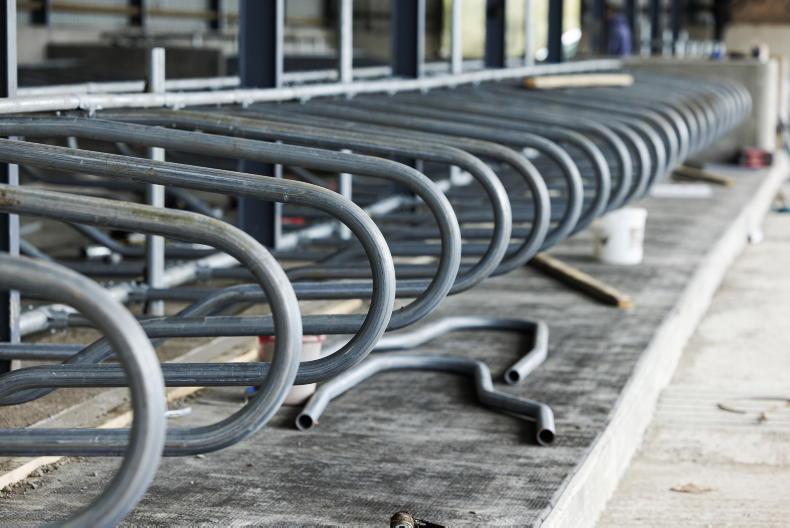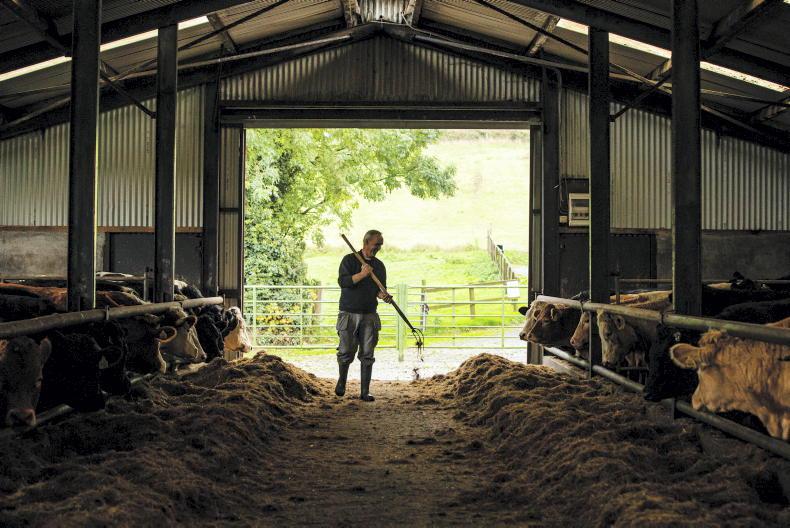When applying for a mortgage, be it as a first- or second-time buyer, there are important factors that will always apply.
Firstly, you need to ask how much you can afford to borrow. Central Bank rules stipulate that you can take a maximum mortgage of 3.5 times your normal gross income.
While exemptions can be made to this general rule, a multiple of 3.5 times gross income is a normal multiplier when it comes to affordability.
The second thing you will need to consider is the deposit required for taking out a mortgage.
For first-time buyers, a minimum deposit of 10% of the value of the mortgage is required by lenders.
The Government is currently running an income tax rebate scheme called the help-to-buy initiative which helps qualifying first-time buyers by funding 5% of the deposit for a new house. This scheme will run until 2019.
Many lenders are also comfortable with the deposit for a house provided by way of a gift, for example a lump sum from your parents or family.
For those on their second mortgage or more, a deposit of 20% is required on the value of the mortgage.
The most important aspect from the bank’s perspective when issuing a mortgage is affordability.
The bank needs to be secure that a borrower has the capacity to meet monthly repayments, especially as interest rates may change over time.
From this perspective, an ability to demonstrate a track record of good financial management is paramount. Banks will like to see good personal saving habits, as well as prompt repayment of personal debt such as credit cards, overdrafts, etc.
Some important red flags a bank will look for are missed repayments on any other loans and a history of online gambling, which is a major no-no for lenders.
Banks will also want to see an individual is in secure employment for at least a year in a company or industry that has strong long-term prospects.
Interest rates
According to the Central Bank, the average interest rate on new variable-rate mortgages as of December 2017 stood at 3.26%. When fixed-rate mortgages are included, the average interest rate for new Irish mortgages in December 2017 stood at 3.18%. The equivalent average interest rate in the rest of the euro area is much lower at just 1.79%.
Mortgage rates will vary depending on your lender. For a first-time buyer seeking a mortgage loan to value (LTV) of 90% of the house price, interest rates in Ireland can vary from 3% to over 4%.
Read more
Special focus: agri finance
When applying for a mortgage, be it as a first- or second-time buyer, there are important factors that will always apply.
Firstly, you need to ask how much you can afford to borrow. Central Bank rules stipulate that you can take a maximum mortgage of 3.5 times your normal gross income.
While exemptions can be made to this general rule, a multiple of 3.5 times gross income is a normal multiplier when it comes to affordability.
The second thing you will need to consider is the deposit required for taking out a mortgage.
For first-time buyers, a minimum deposit of 10% of the value of the mortgage is required by lenders.
The Government is currently running an income tax rebate scheme called the help-to-buy initiative which helps qualifying first-time buyers by funding 5% of the deposit for a new house. This scheme will run until 2019.
Many lenders are also comfortable with the deposit for a house provided by way of a gift, for example a lump sum from your parents or family.
For those on their second mortgage or more, a deposit of 20% is required on the value of the mortgage.
The most important aspect from the bank’s perspective when issuing a mortgage is affordability.
The bank needs to be secure that a borrower has the capacity to meet monthly repayments, especially as interest rates may change over time.
From this perspective, an ability to demonstrate a track record of good financial management is paramount. Banks will like to see good personal saving habits, as well as prompt repayment of personal debt such as credit cards, overdrafts, etc.
Some important red flags a bank will look for are missed repayments on any other loans and a history of online gambling, which is a major no-no for lenders.
Banks will also want to see an individual is in secure employment for at least a year in a company or industry that has strong long-term prospects.
Interest rates
According to the Central Bank, the average interest rate on new variable-rate mortgages as of December 2017 stood at 3.26%. When fixed-rate mortgages are included, the average interest rate for new Irish mortgages in December 2017 stood at 3.18%. The equivalent average interest rate in the rest of the euro area is much lower at just 1.79%.
Mortgage rates will vary depending on your lender. For a first-time buyer seeking a mortgage loan to value (LTV) of 90% of the house price, interest rates in Ireland can vary from 3% to over 4%.
Read more
Special focus: agri finance










SHARING OPTIONS